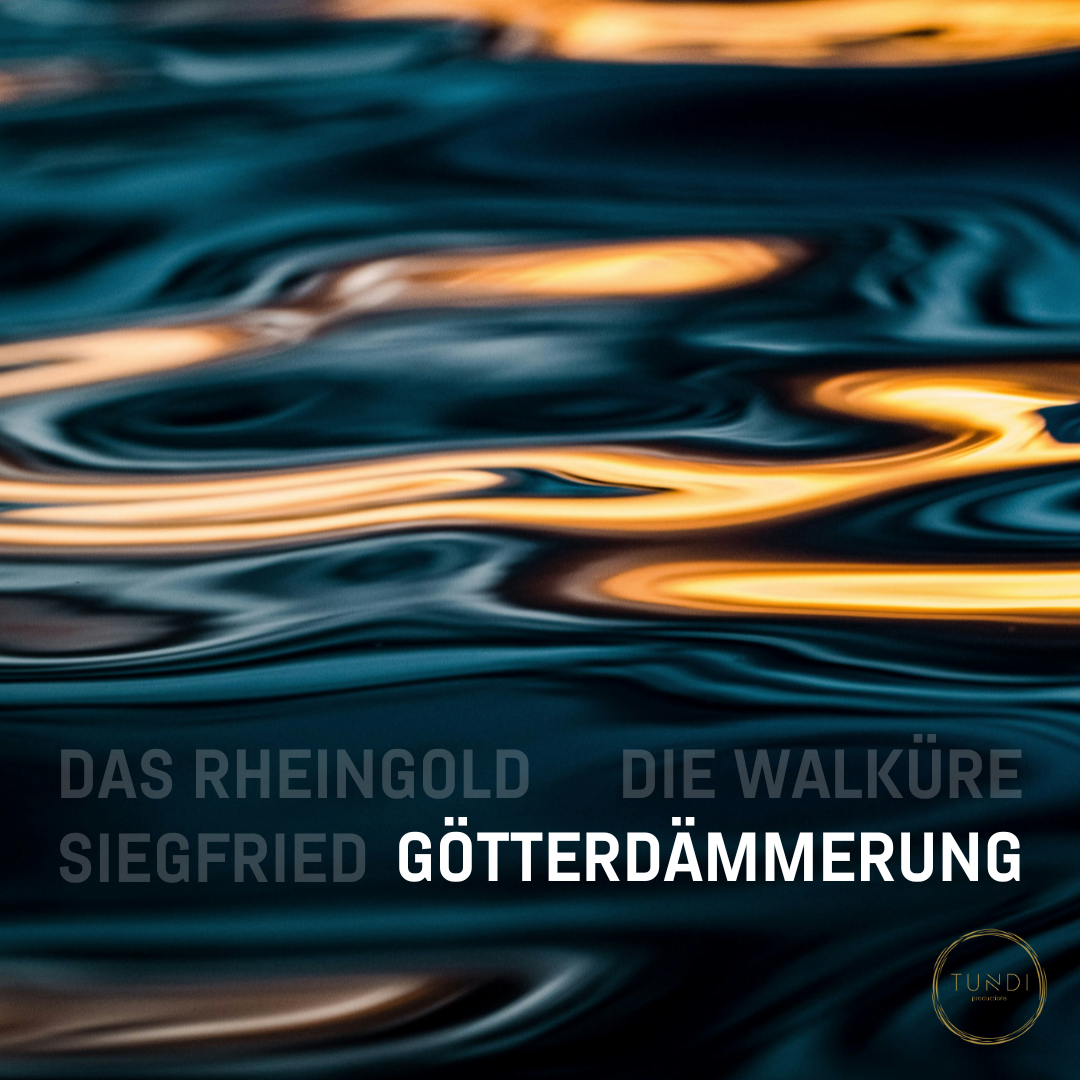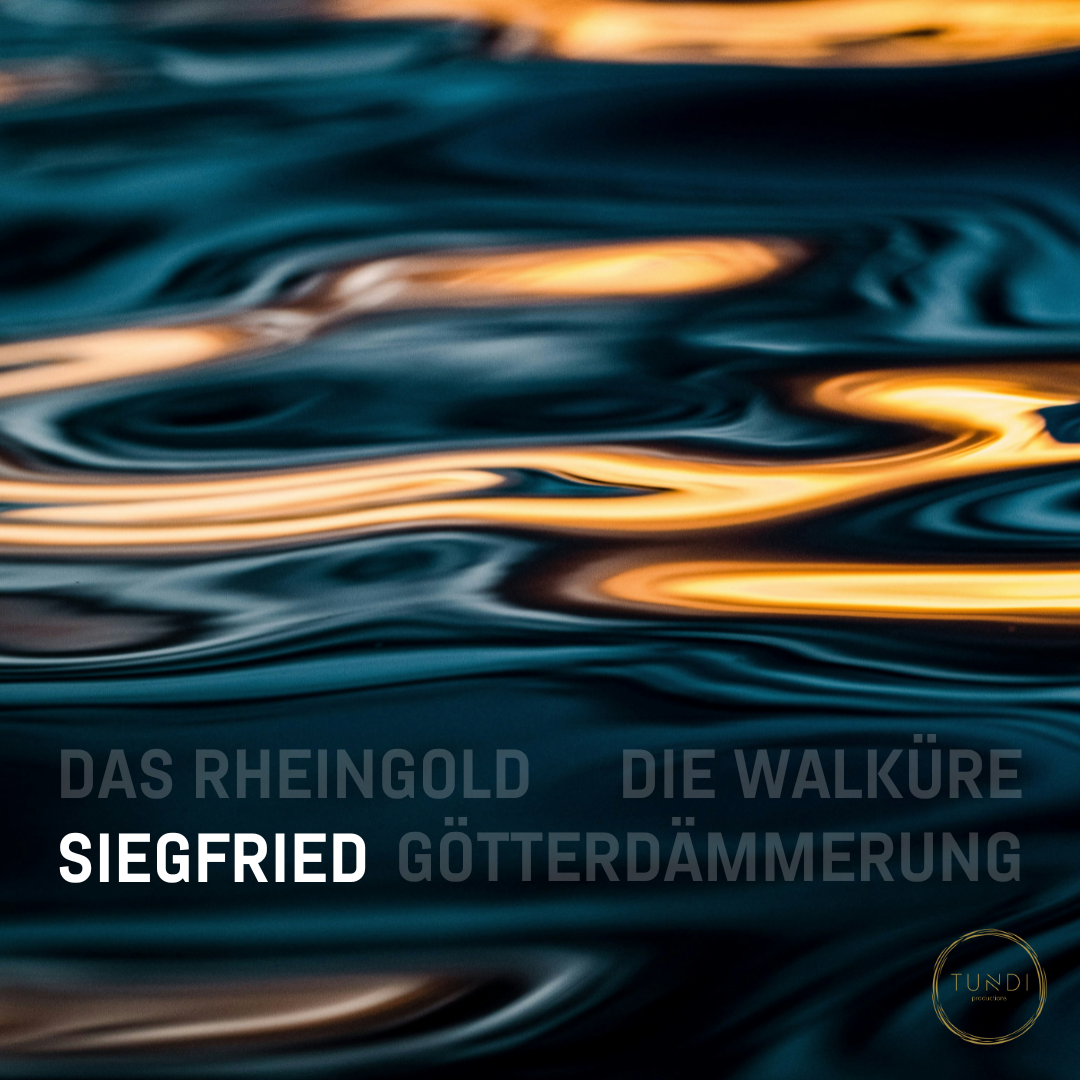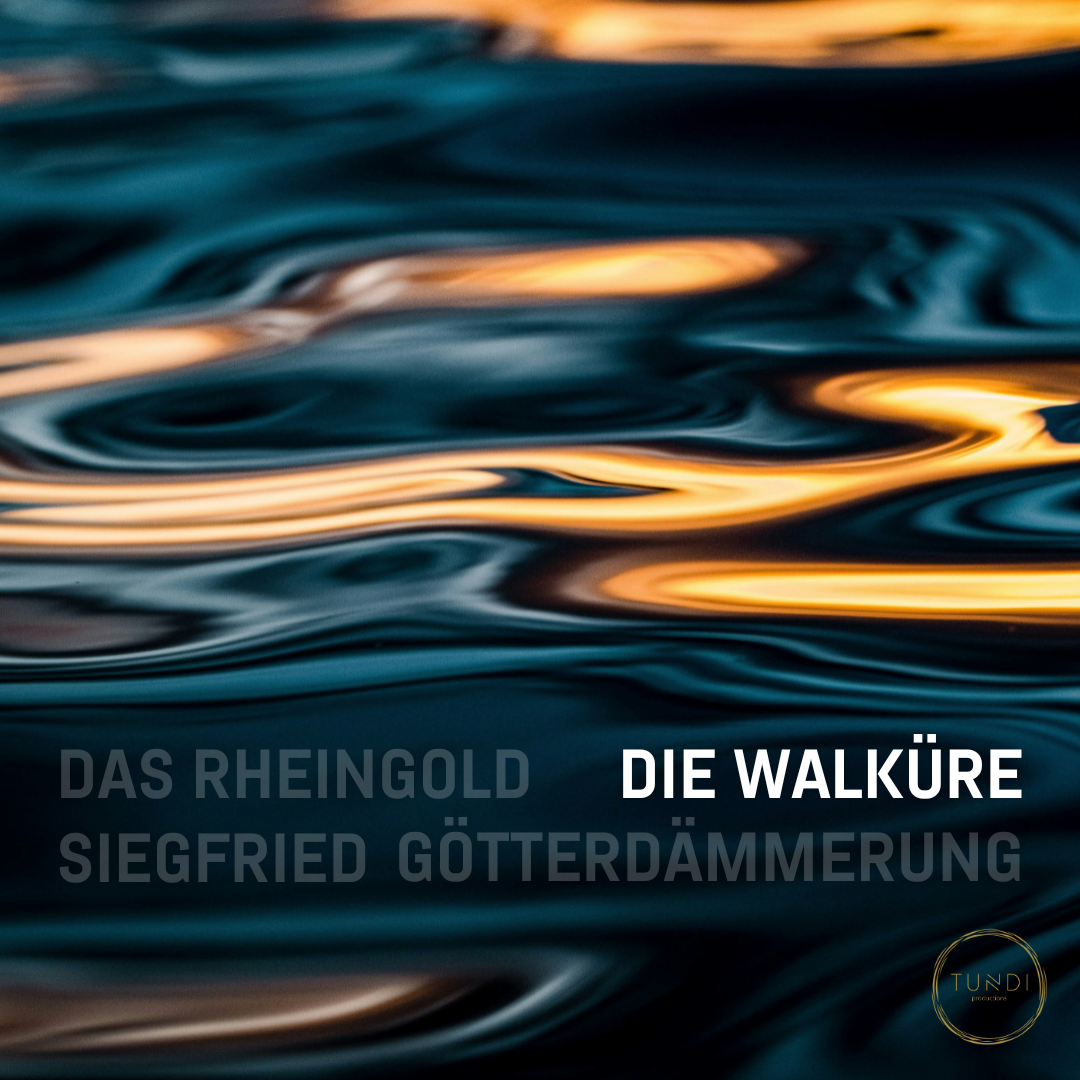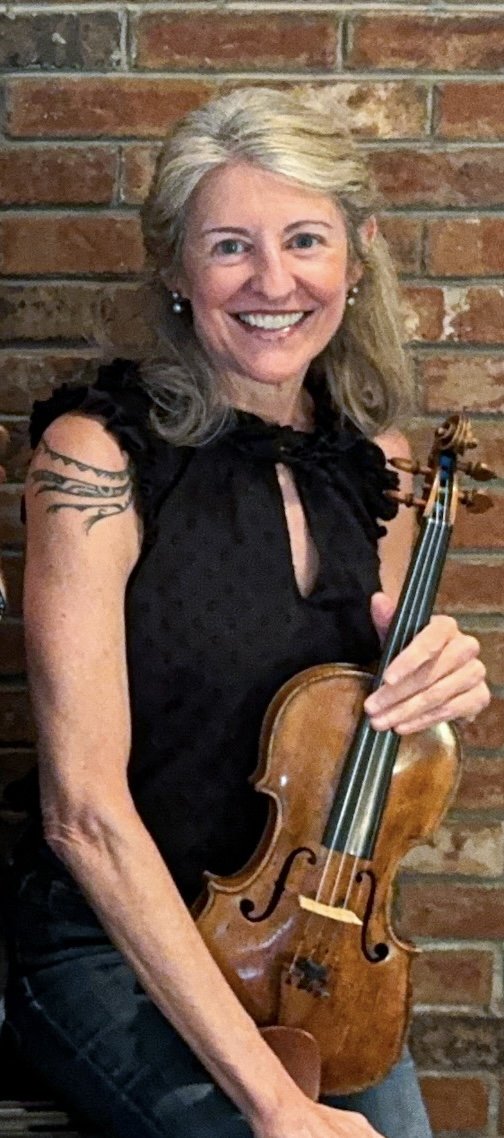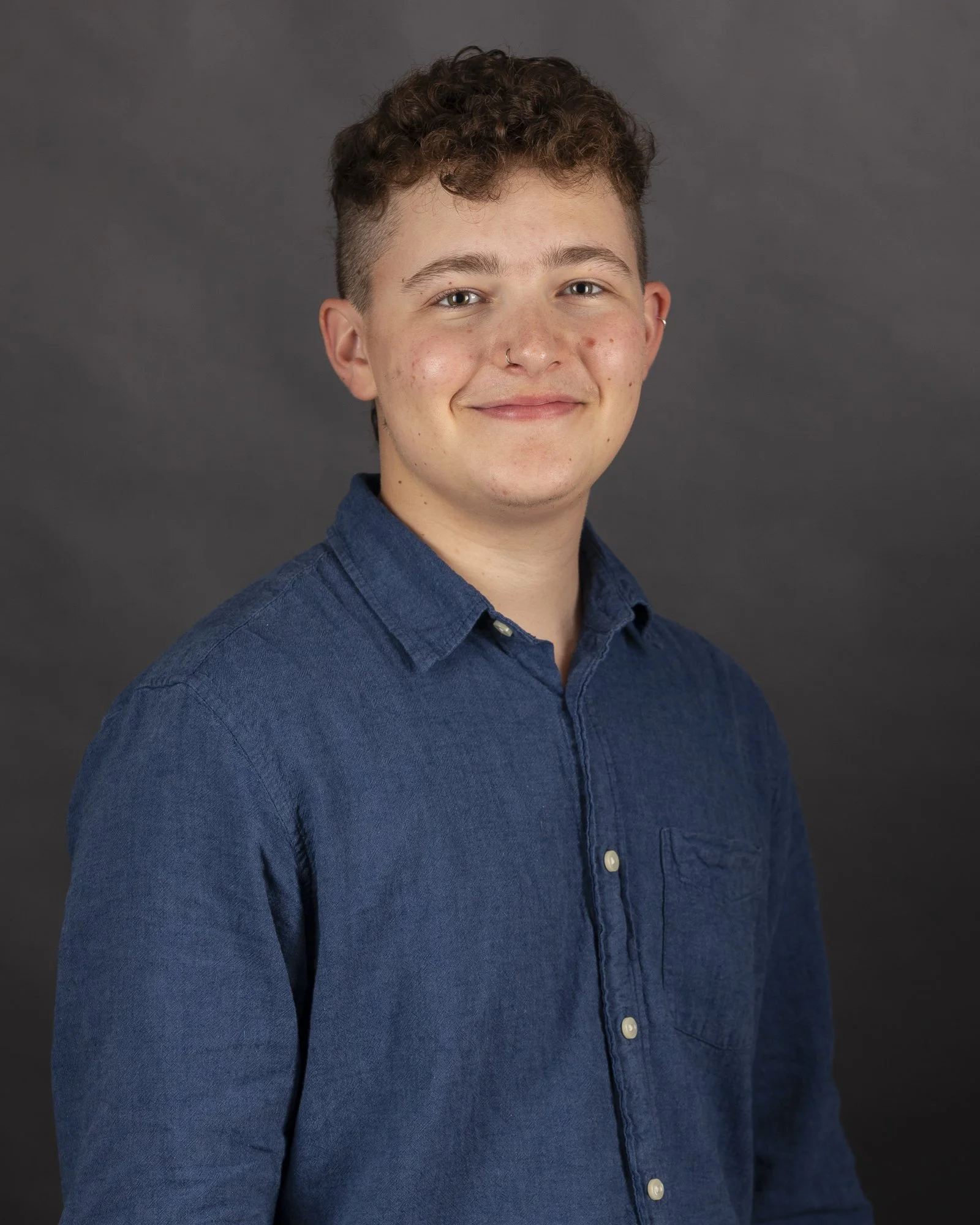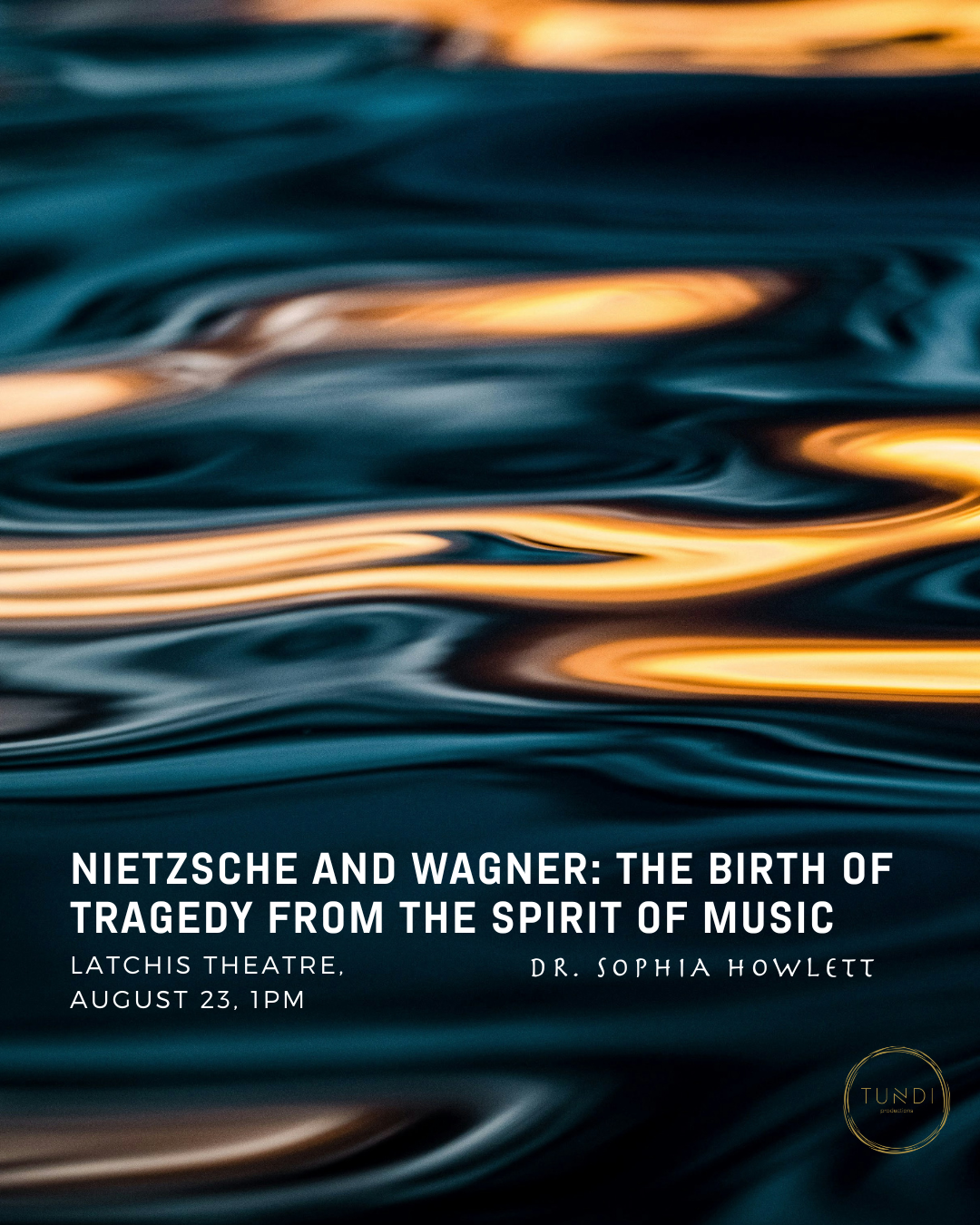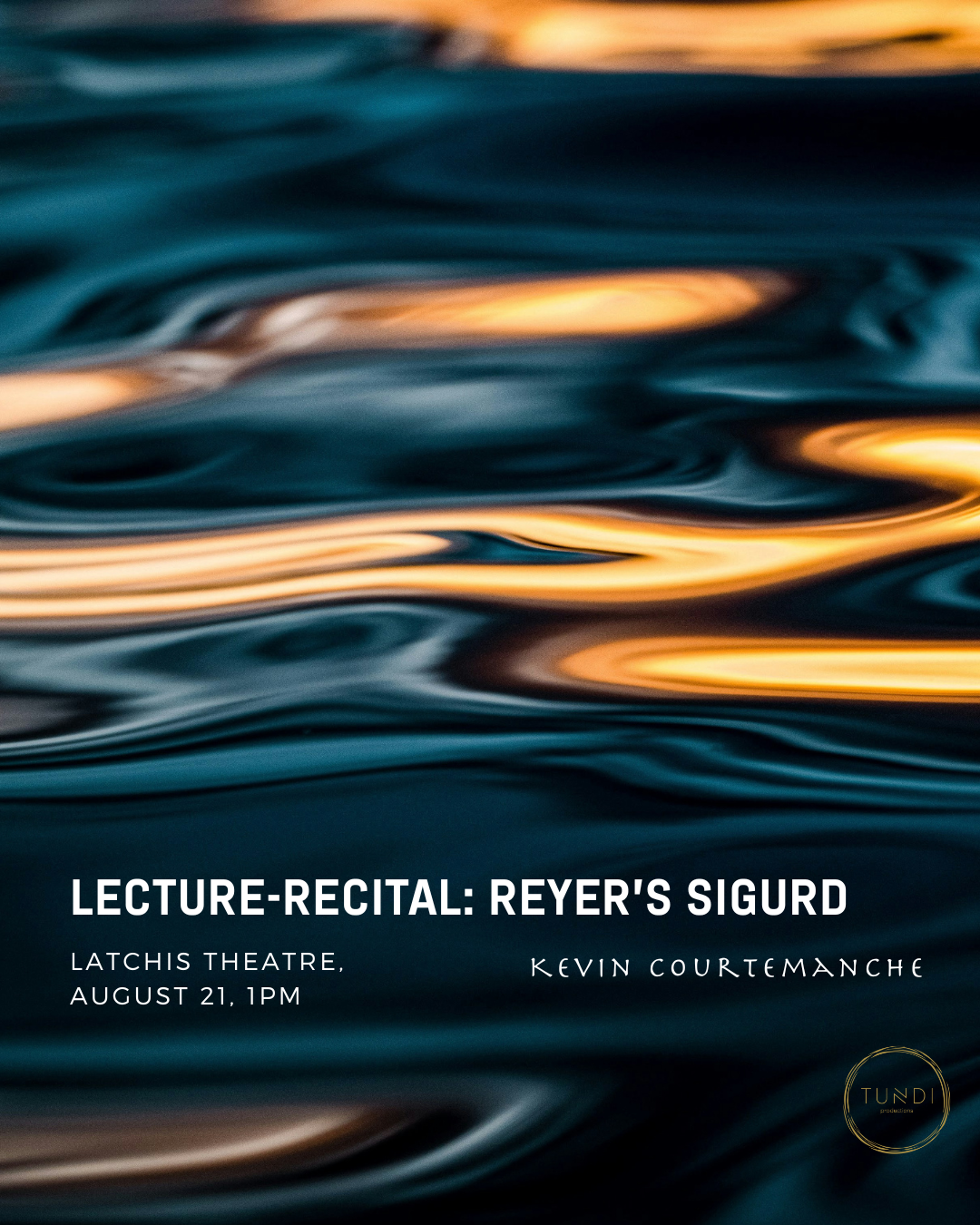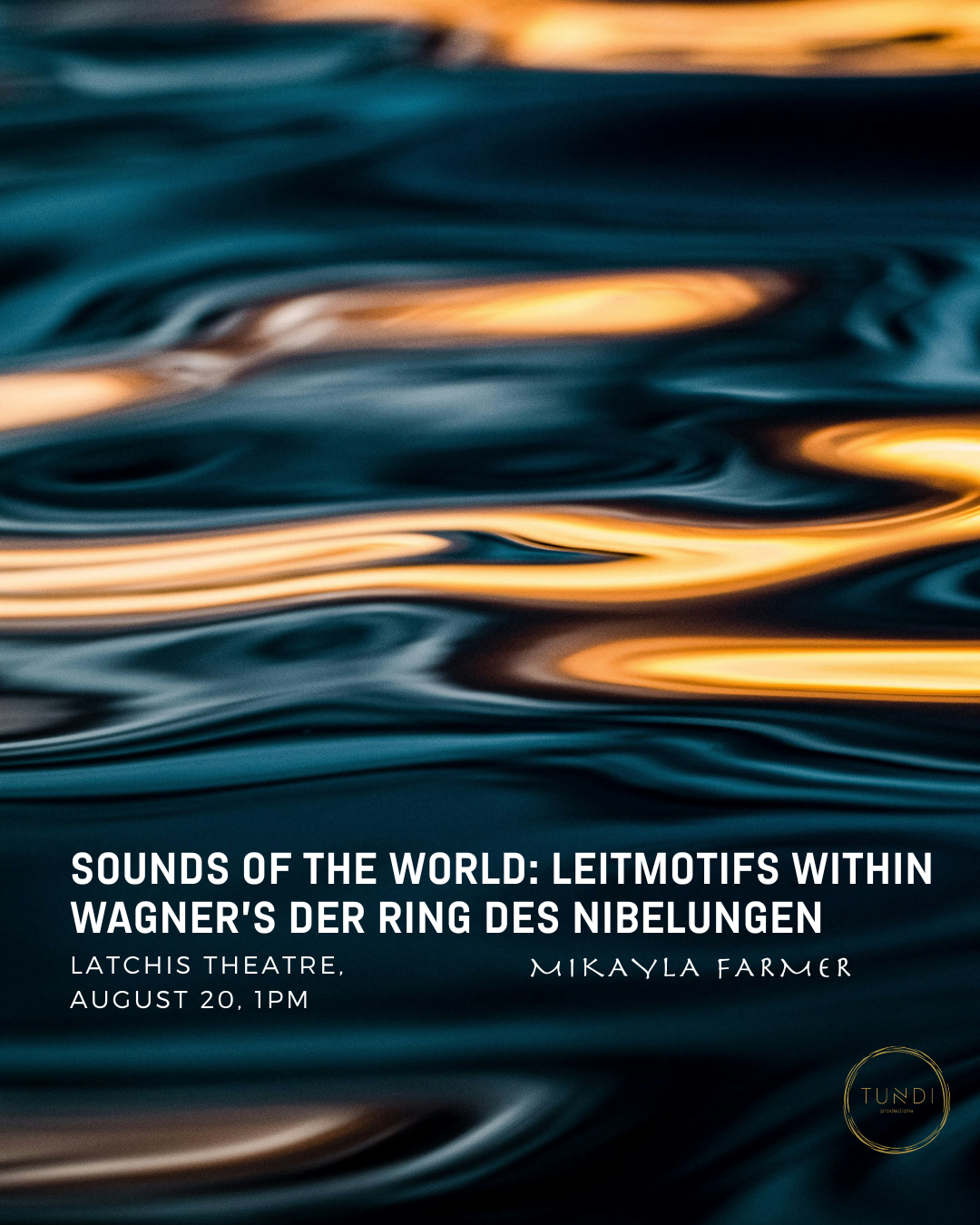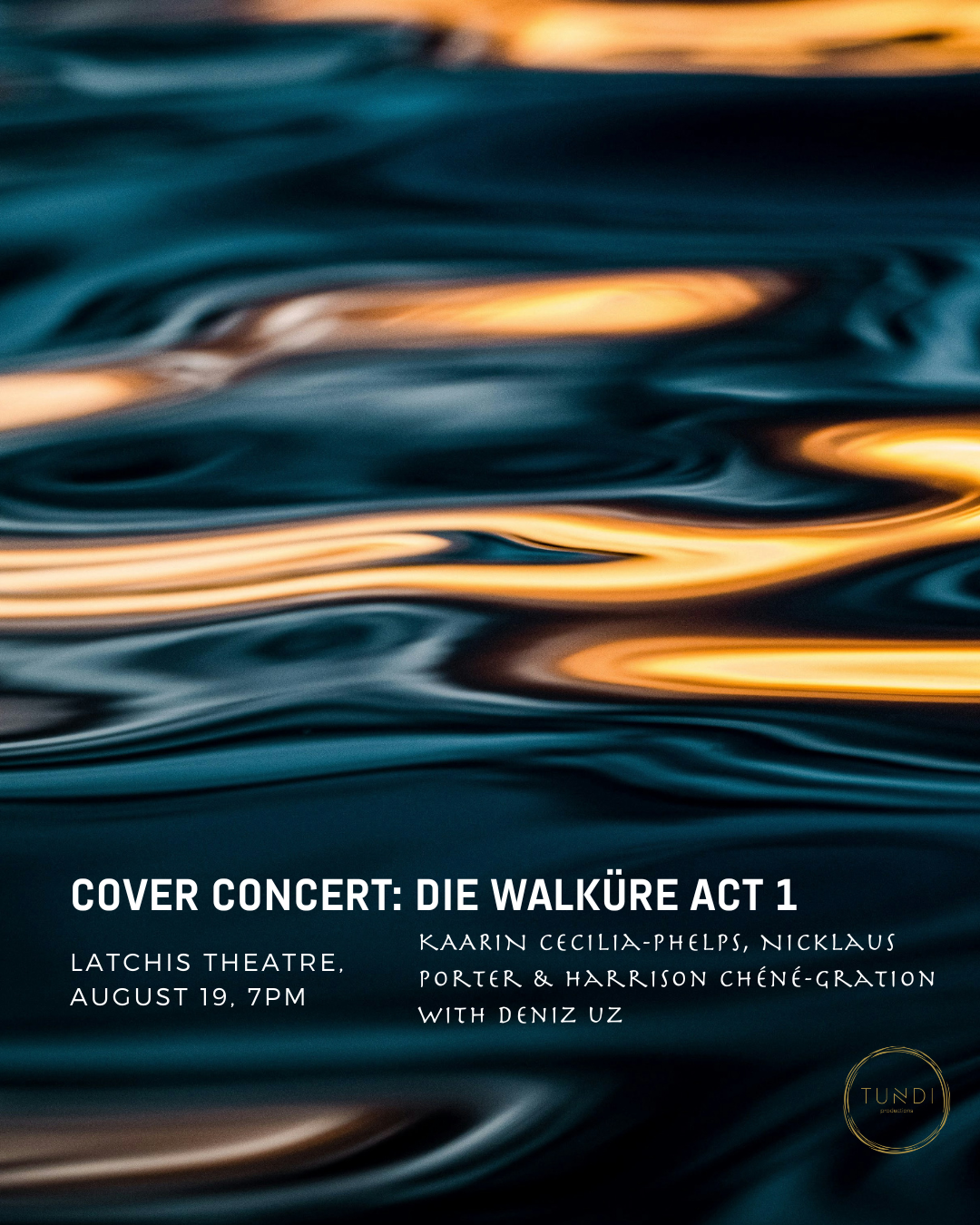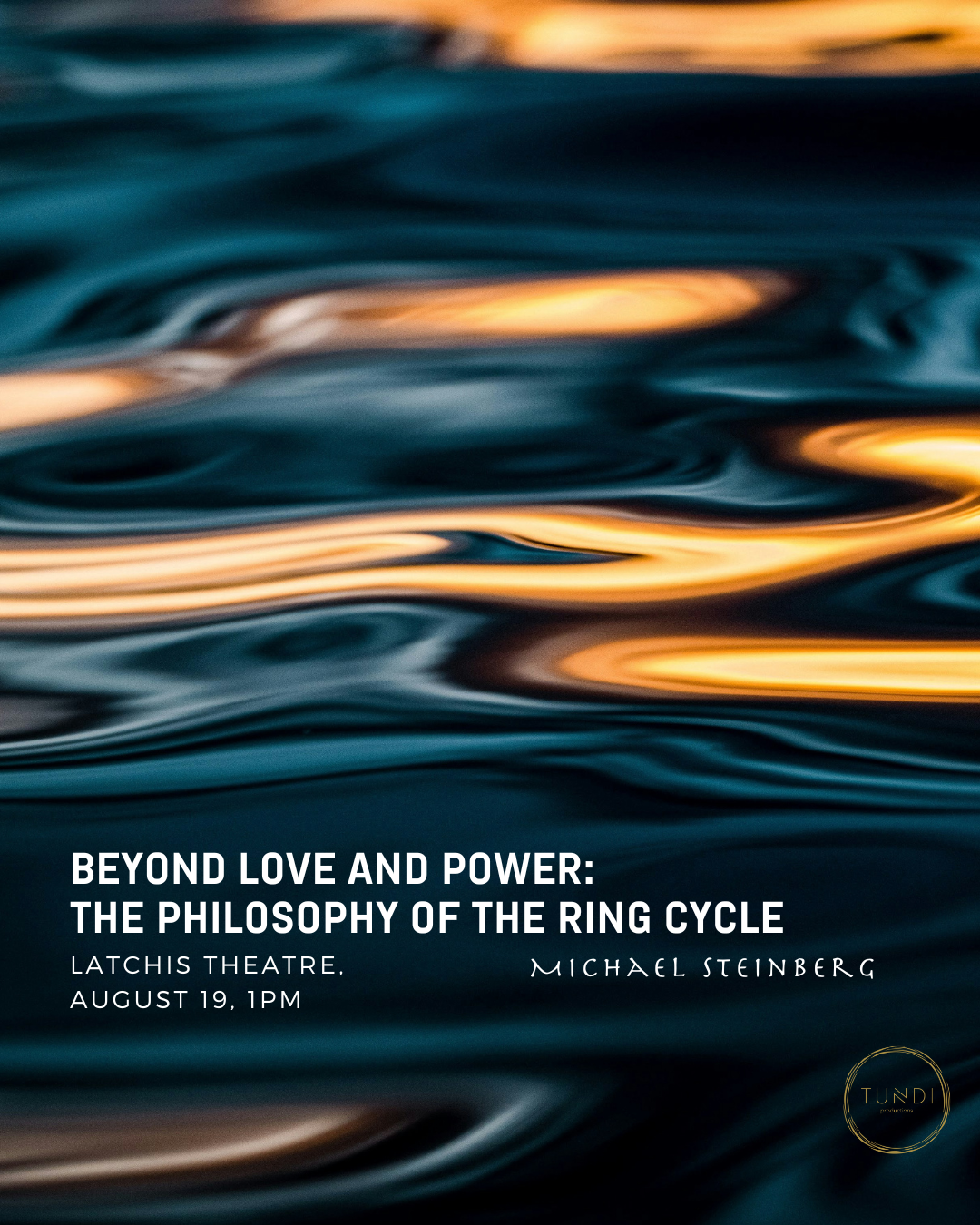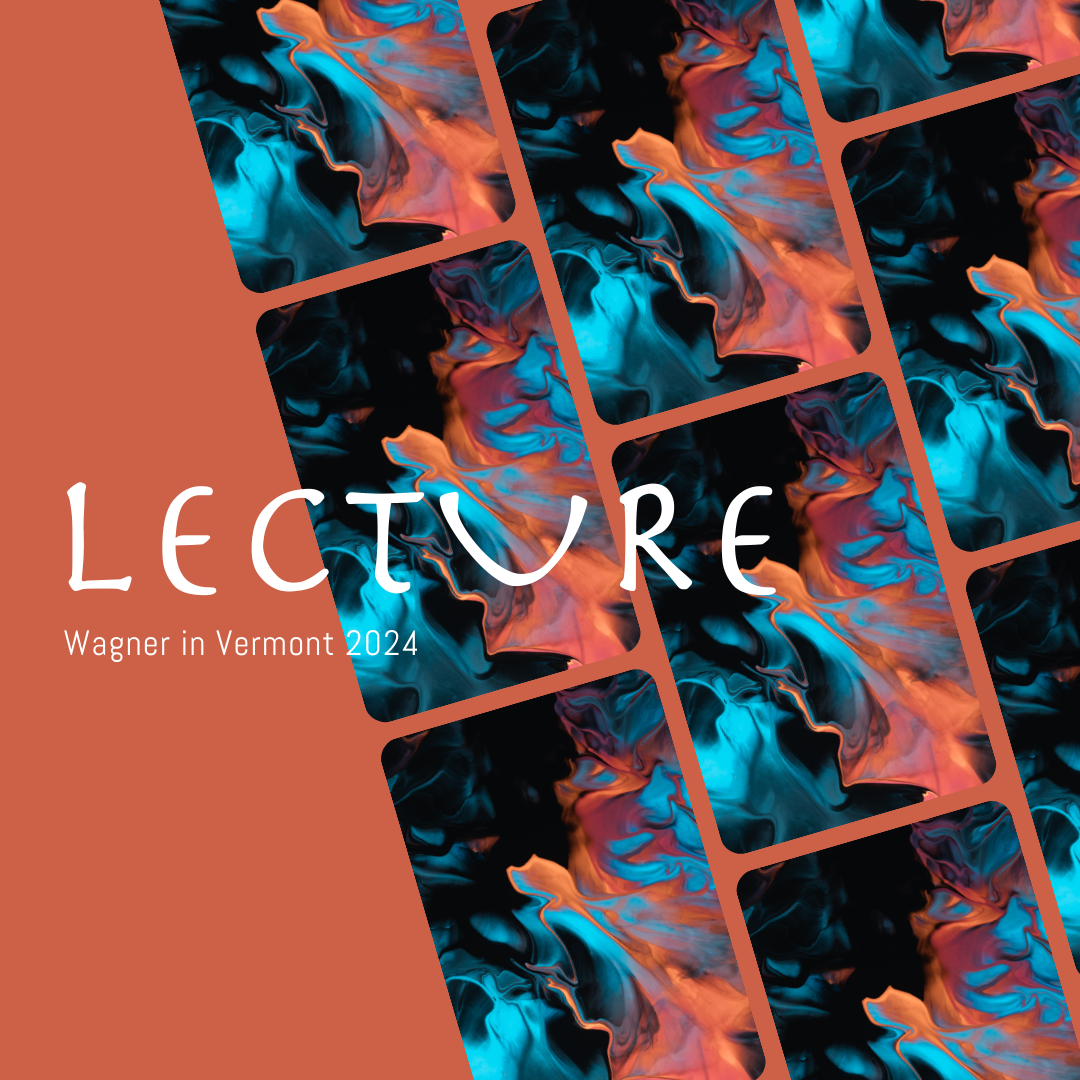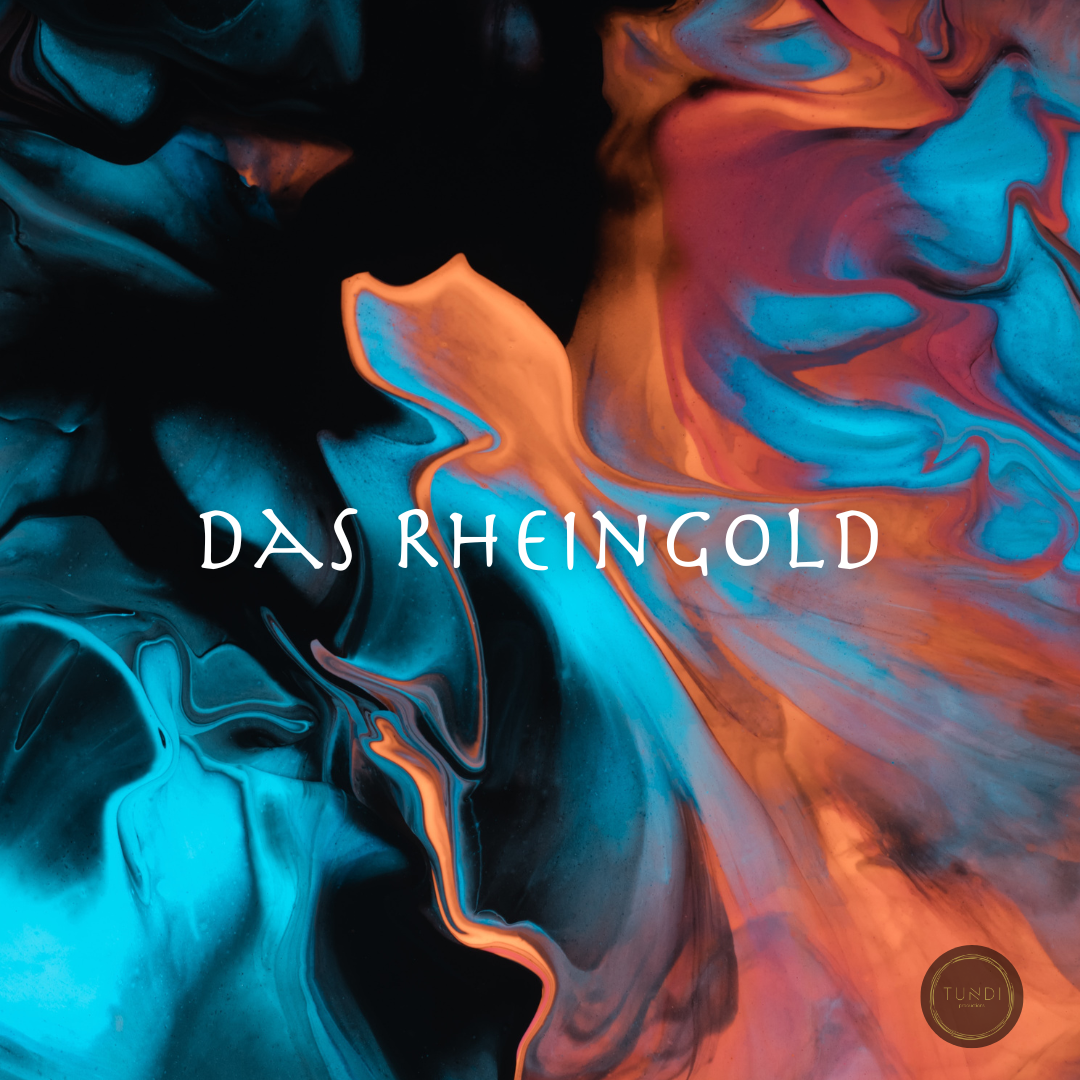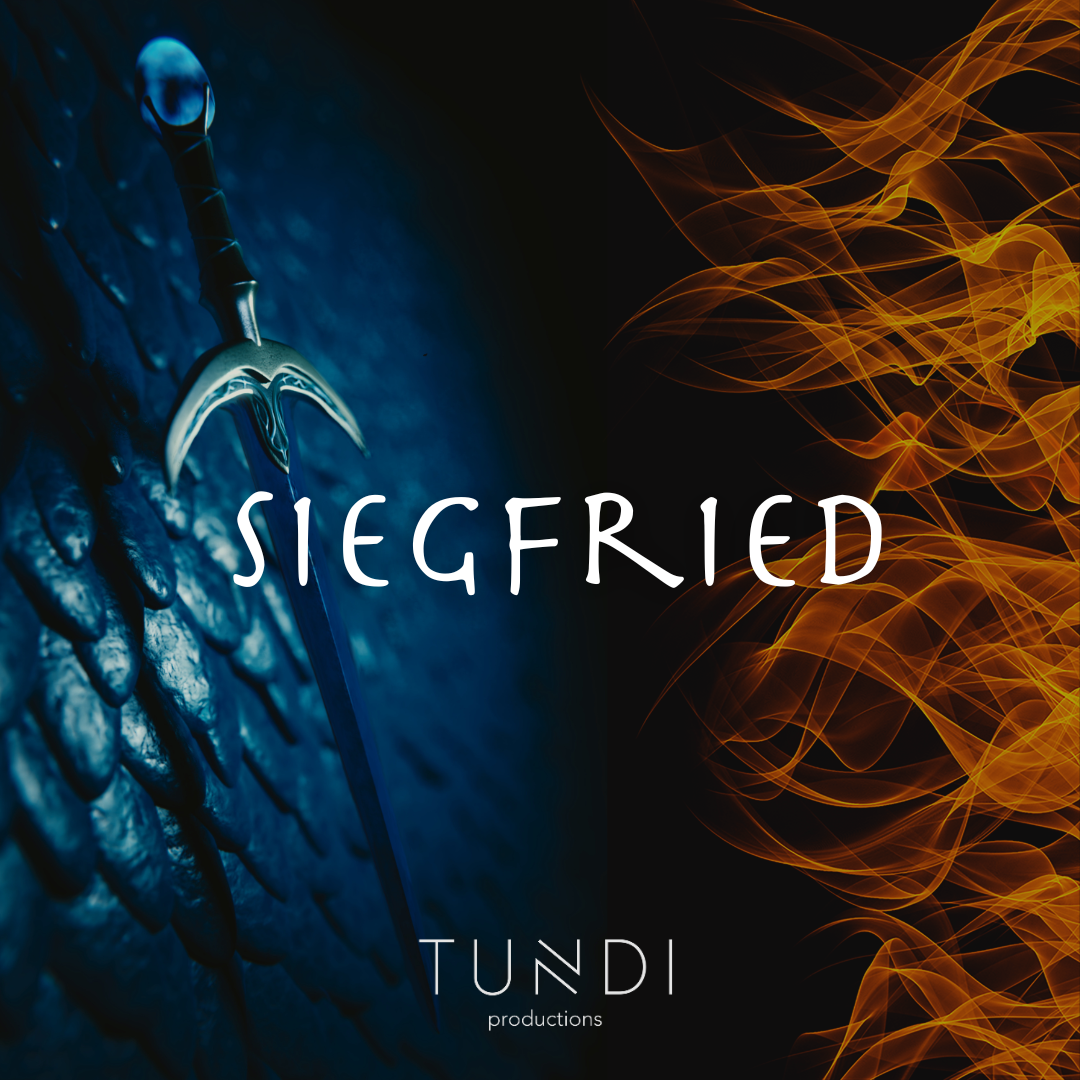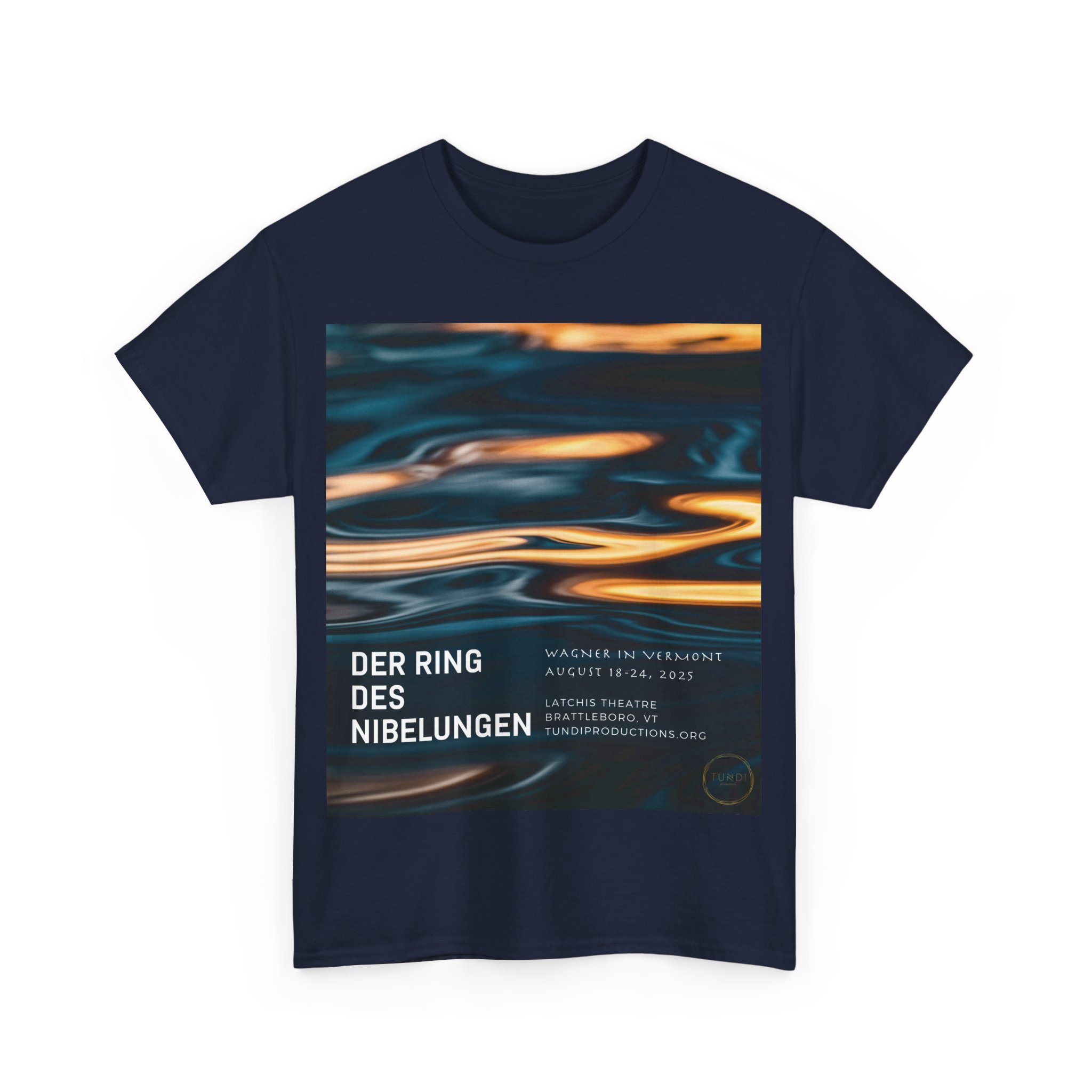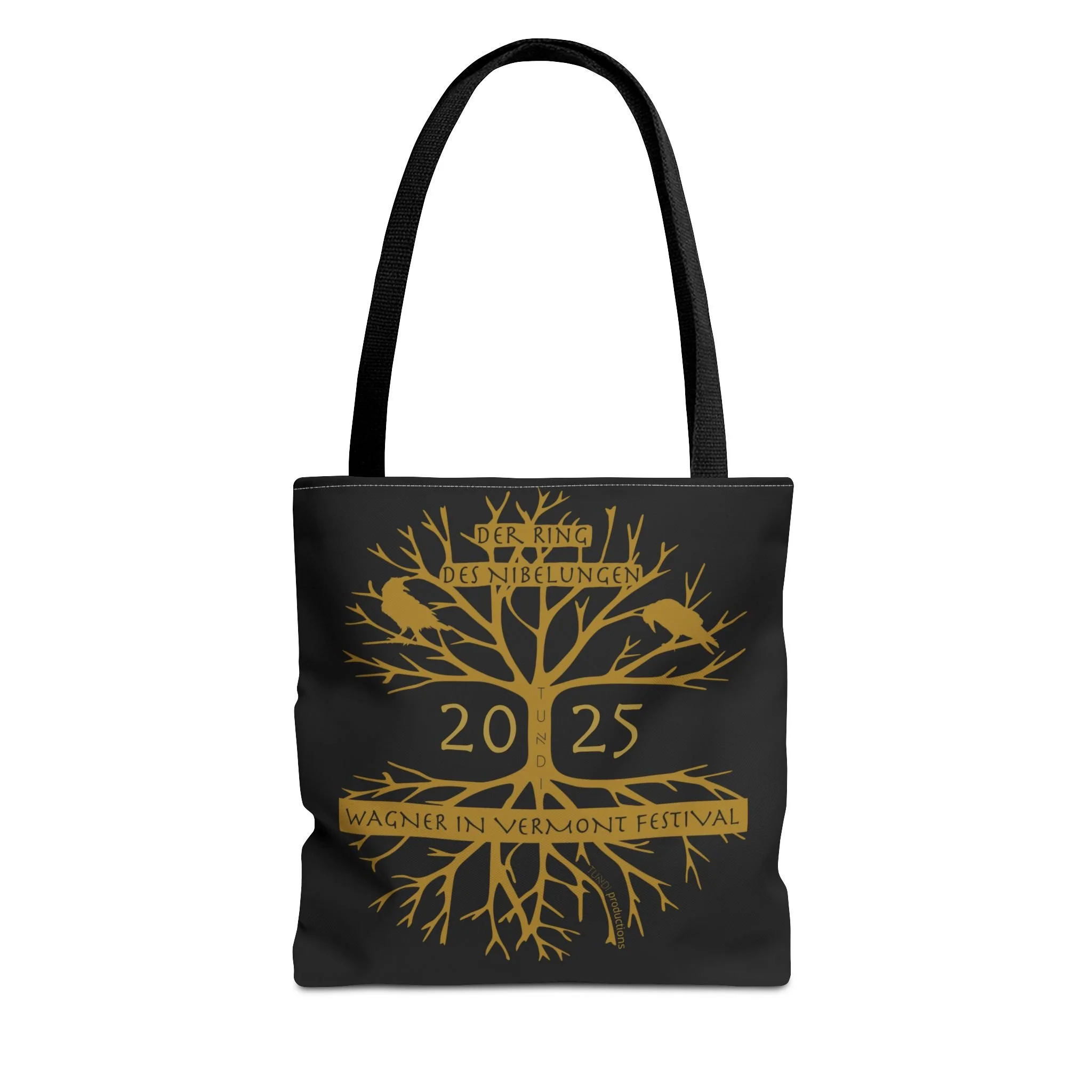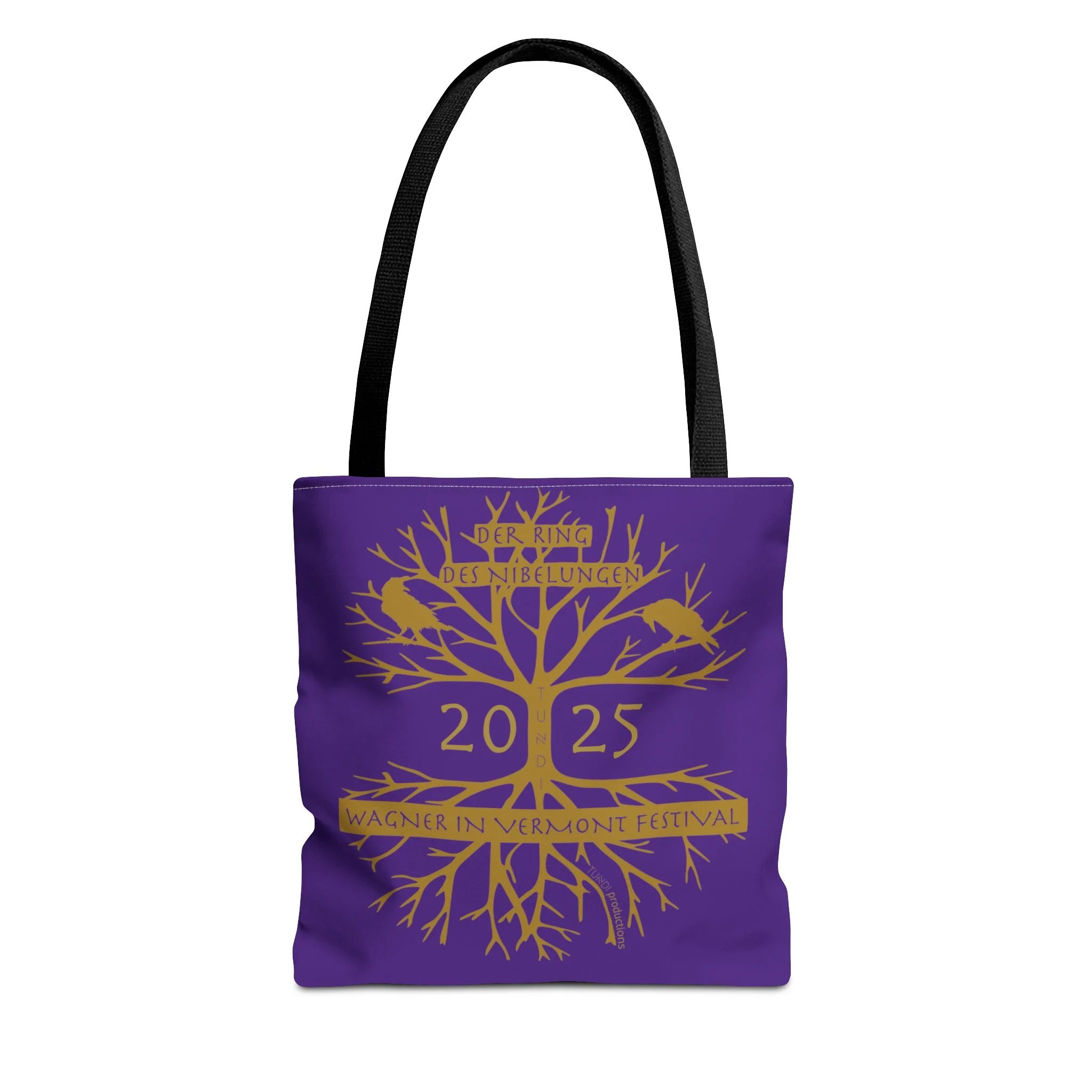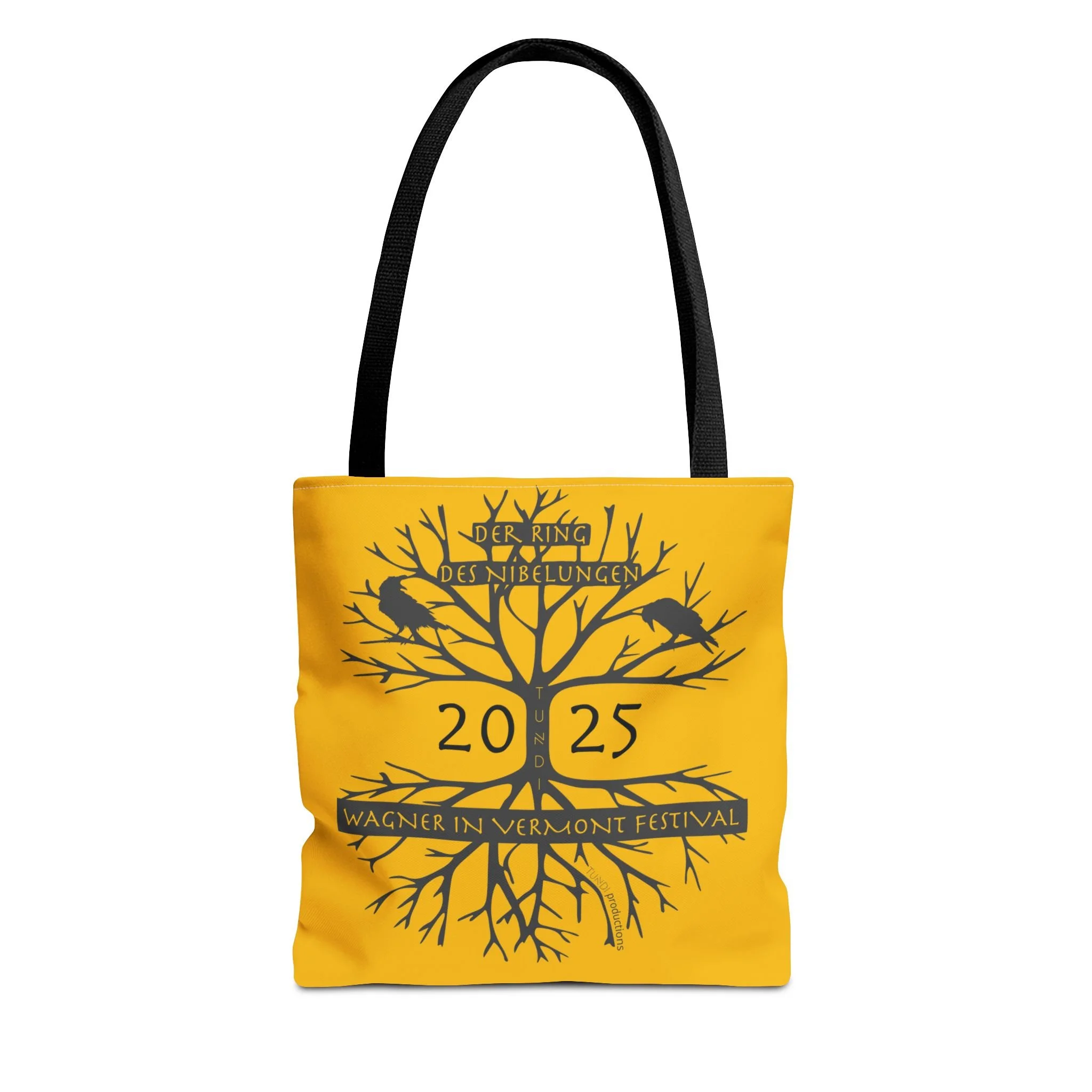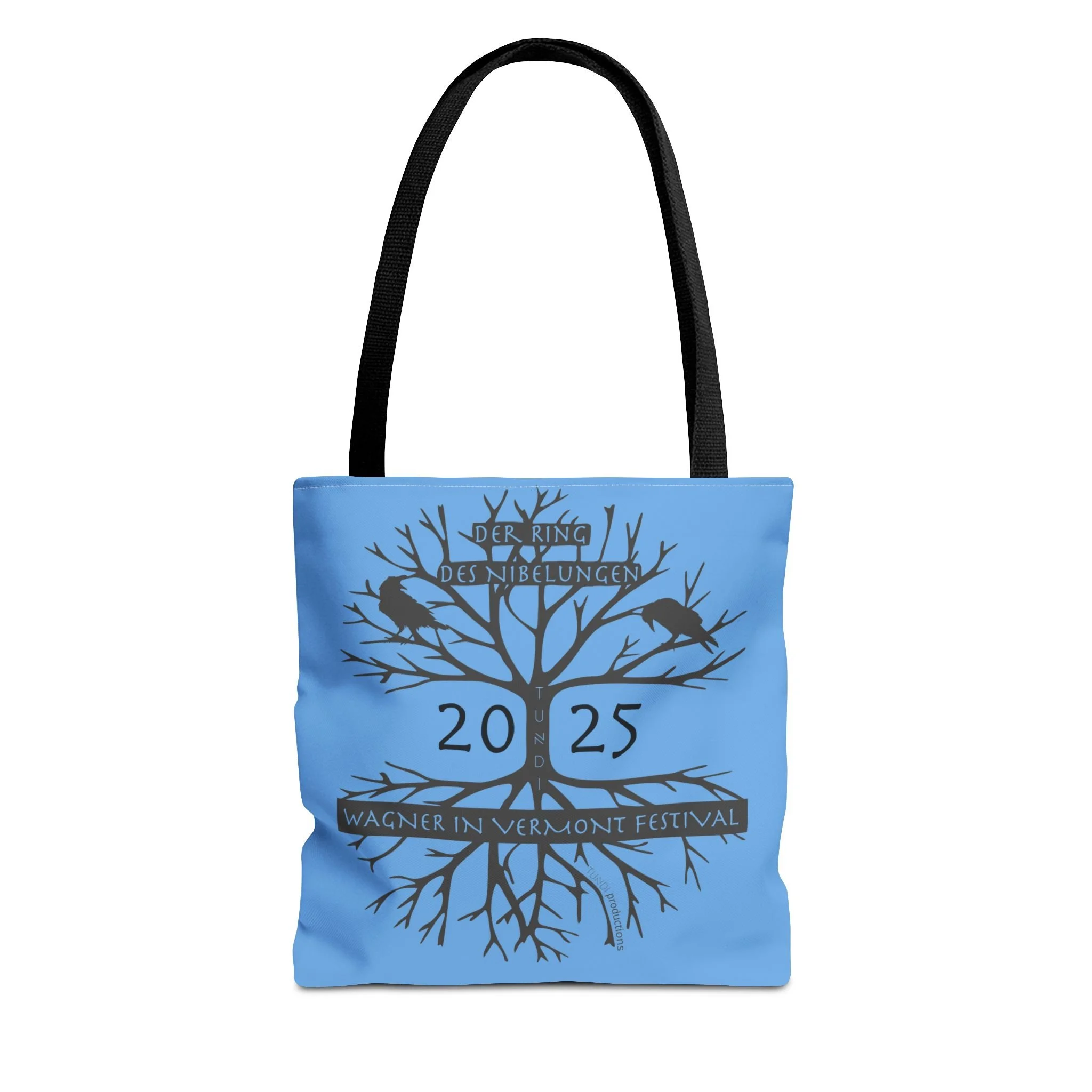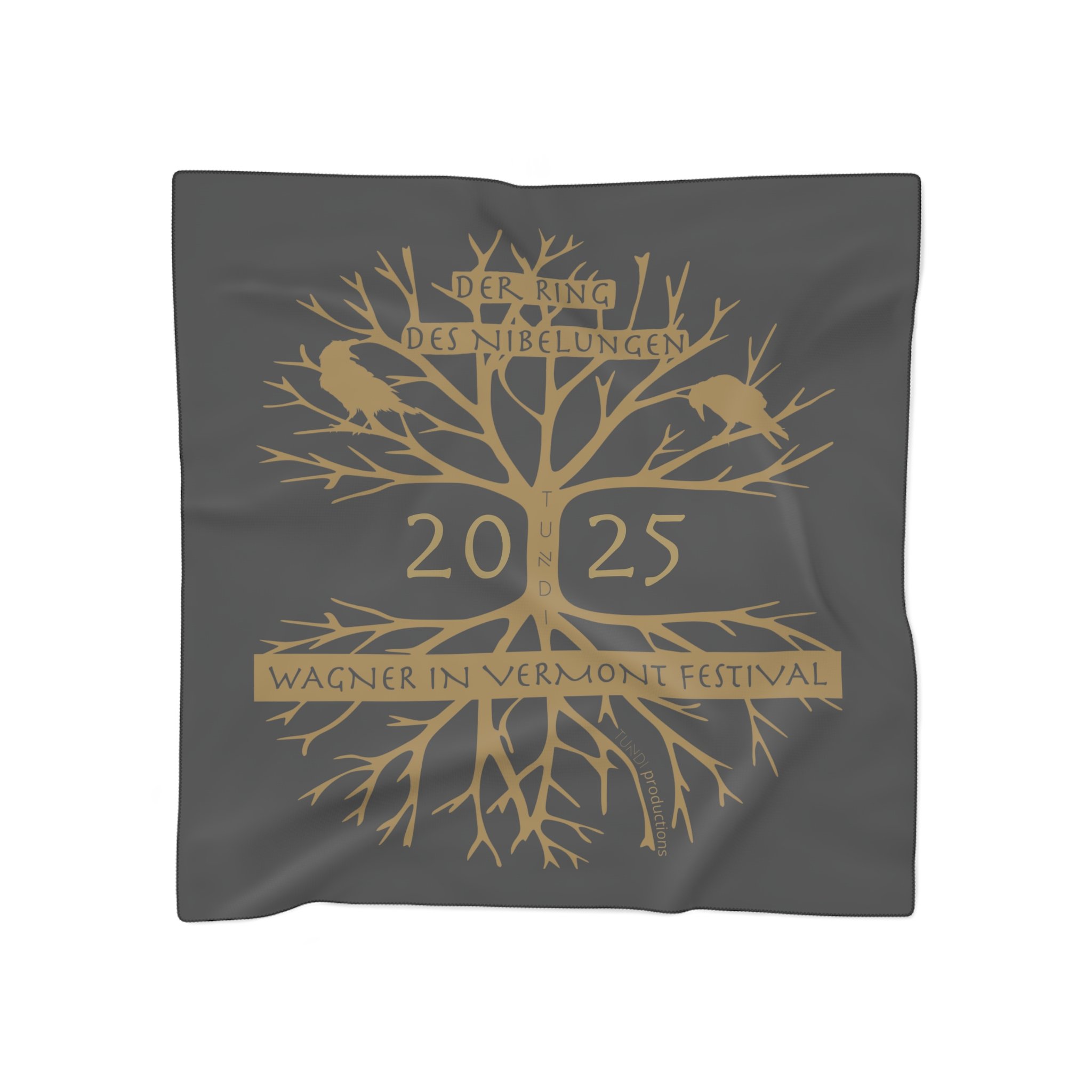Wagner in Vermont brings Wagner’s 4-part epic Der Ring des Nibelungen to Brattleboro, VT in August 18-24, 2025.
18 August - Das Rheingold - 7pm
20 August - Die Walküre - 4pm
22 August - Siegfried - 4pm
24 August - Götterdämmerung - 1pm
Need a larger seat map? Tap here
Questions about parking, accessibility, or anything else? Check our FAQs
Part 4 of Der Ring des Nibelungen
Prologue & Act 1: 1.00pm - 3,00pm
Intermission 3.00pm - 3.45pm
Act 2: 3.45pm - 5.00pm
Intermission 5.00pm - 5.30pm
Act 3: 5.30pm - 7.00pm
Part 3 of Der Ring des Nibelungen
Act 1: 4.00pm - 5.30pm
Intermission 5.30pm - 6.45pm
Act 2: 6.45pm - 8.05pm
Intermission 8.05pm - 8.30pm
Act 3: 8.30pm - 10.00pm
Part 2 of Der Ring des Nibelungen
Act 1: 4.00pm - 5.10pm
Intermission 5.10pm - 6.30pm
Act 2: 6.30pm - 8.05pm
Intermission 8.05pm - 8.30pm
Act 3: 8.30pm - 9.15pm
Part 1 of Der Ring des Nibelungen
Starting at 7pm, Das Rheingold runs without interval, finishing around 9:30pm.
Planning your intermissions?
Meet our Orchestra

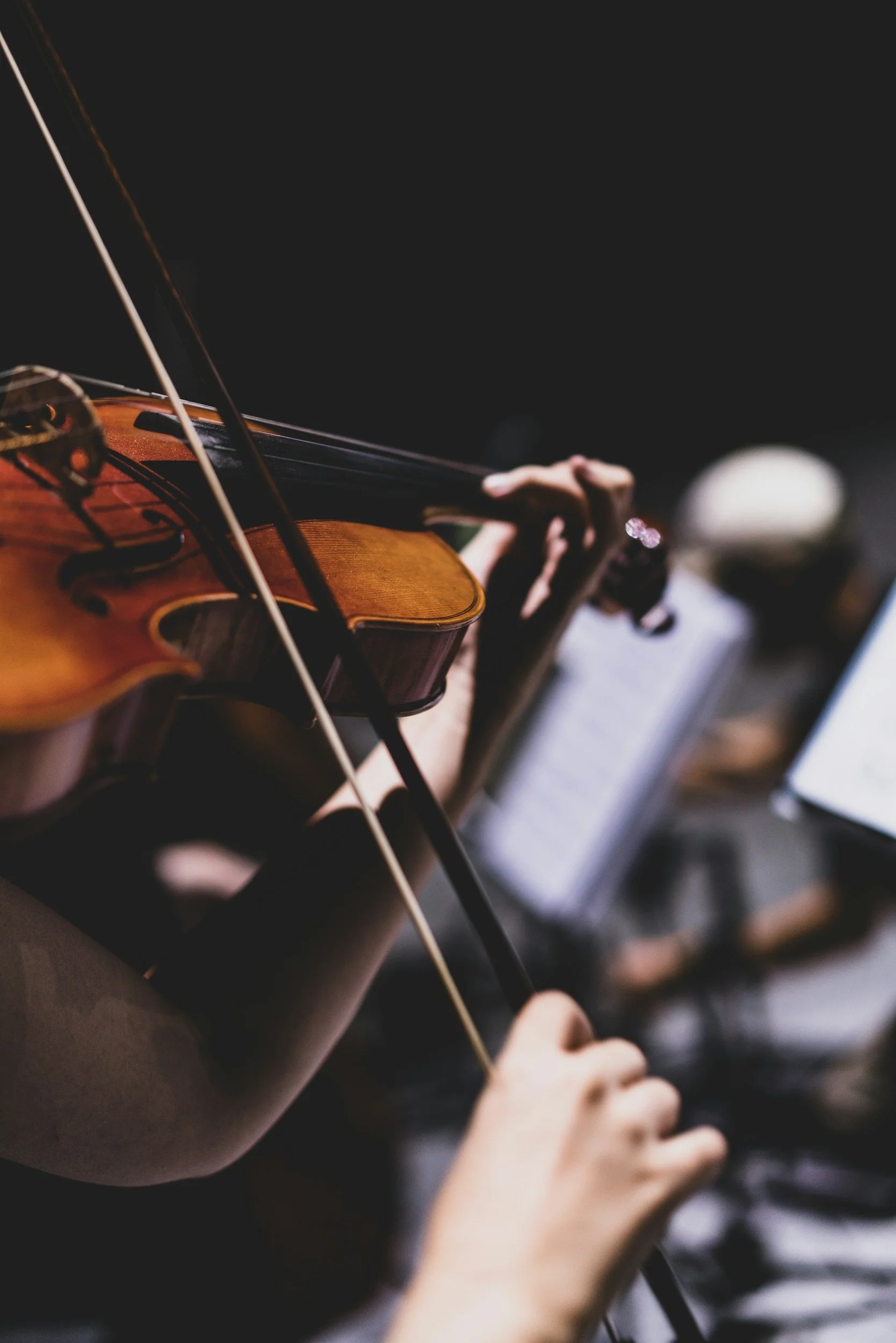





















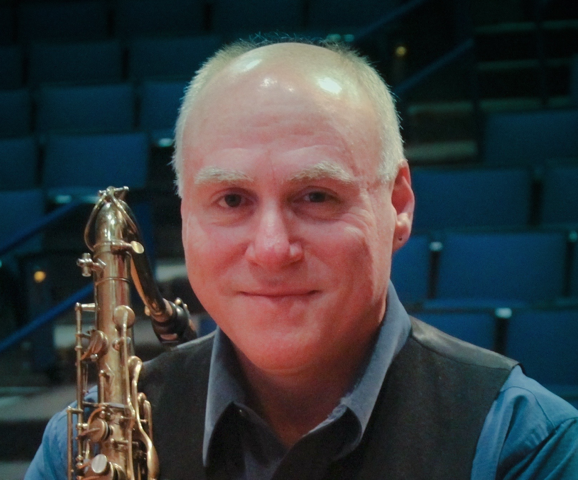
















Festival Schedule
Part 4 of Der Ring des Nibelungen
Prologue & Act 1: 1.00pm - 3,00pm
Intermission 3.00pm - 3.45pm
Act 2: 3.45pm - 5.00pm
Intermission 5.00pm - 5.30pm
Act 3: 5.30pm - 7.00pm
Nietzsche's philosophical output is book-ended by his relationship with Wagner. It begins with The Birth of Tragedy Out of the Spirit of Music and ends, of course, with Nietzsche Contra Wagner. In this lecture, I will focus on The Birth of Tragedy which was based on two lectures on Greek Tragedy that Wagner and Cosima had listened to and then encouraged Nietzsche to publish. I will explore Nietzsche's ideas on the Dionysian and the Apollonian as the core concepts of Greek tragedy, and then take us full circle to the beginning of our Ring Journey at TUNDI: exploring the connections/oppositions between the Greek and the German in mythology, notions of the tragic (vs the epic), all within these German operas performed in a 'Greek' theater. But here, I will also suggest that while there is much harmony between the two, in The Birth of Tragedy, we can explore the question of difference. And through recognition of difference, we will prepare the way for our Ring Cycle experience: a place where meaning and sensation are not circumscribed; a place where meaning and sensation can bloom.
Part 3 of Der Ring des Nibelungen
Act 1: 4.00pm - 5.30pm
Intermission 5.30pm - 6.45pm
Act 2: 6.45pm - 8.05pm
Intermission 8.05pm - 8.30pm
Act 3: 8.30pm - 10.00pm
By popular request at our festival events this week, we’re adding in an hour of ‘Qs with Hugh’ for our audience members to ask questions about anything they wish, such as Hugh’s reorchestration and unusual choices of instruments, to how TUNDI came about.
Join us in the Latchis Theatre and bring your questions!
The Nibelungenlied, the first masterwork of German national literature, inspired the arts of storytelling, painting, drama and art throughout Europe. Its most famous adaptations are Fritz Lang's silent film from 1924 and, of course, Wagner's Ring Cycle, especially Gotterdammerung, which Tundi celebrates as part of its 2025 Festival. Little-known, but due to be rediscovered, is the "other" opera that retells the legend of Siegfried. Kevin Courtemanche, a Tundi reperotry company member, will expound on the Nibelungenlied and reveal a character study of Siegfried, as retold in the two operas that draw from and serve this original source, illustrated with musical excerpts of the timeless hero Siegfried.
Part 2 of Der Ring des Nibelungen
Act 1: 4.00pm - 5.10pm
Intermission 5.10pm - 6.30pm
Act 2: 6.30pm - 8.05pm
Intermission 8.05pm - 8.30pm
Act 3: 8.30pm - 9.15pm
Explore the sounds and themes that occupy the vast world of Wagner’s Ring Cycle (Der Ring des Nibelungen). From the playful Rhinemaidens to the majestic Great Hall of Valhalla and beyond, we will see how the music is not only a wonder on the ears but also a story-telling element filled with meaning and intention.
Part 1 of Der Ring des Nibelungen
Starting at 7pm, Das Rheingold runs without interval, finishing around 9:30pm.
The OMEGA... Götterdämmerung
Götterdämmerung is a fierce, enthralling work with enormous implications. As the Gods approach their end, everything is at stake for the cosmos, and for humanity.
Brünnhilde consummates her love with Siegfried, only to be kidnapped from the circle of Magic Fire that Wotan had conjured to protect her. She finds herself on the banks of the Rhine in a decaying tribal court. Siegfried is already there: he has been ensnared and poisoned by his hosts. In a shocking sequence of betrayals, Brünnhilde learns what it is to be human. We meet Hagen: a dark, self-confident agent of evil in his slow and ruthless pursuit of the Ring.
The final scene, Brünnhilde's self-immolation with her horse Grane, closes the immense cycle with transcendent radiance. The music tells us that, as the Gods are toppled from their thrones, and the Ring is returned to its home in the depths of the Rhine, a woman saves the world to usher in a new era. The experience is beautiful and inspiring beyond description; for many people, it is life-changing.
Dr. Sophia Howlett returns to Wagner in Vermont for another insightful lecture, on the topic of endings and apocalyptic thinking.
The ALPHA... Das Rheingold
The Gold sits deep in the River Rhine: primeval, and playfully tended by the three Daughters of the Rhine. We will meet the Dwarfs of Nibelheim who live below, the Gods who dwell above, and the Giants, who stride the surface of the earth. Any good order is shattered by a world-shaking transgression motivated by lust, greed, and alienation. Alberich - the Nibelung - is the transgressor: he has stolen the Gold from the Daughters of the Rhine, and forged an all-powerful Ring. He will in turn be robbed and humiliated, and imbue the Ring with a curse. The tribes and families continually reposition themselves, fighting to possess the Ring. Families and worlds are destroyed; warnings and interventions make no difference - nobody cares! We have to ask: do we care as audience witnesses to this confounding spectacle, saturated with self-absorption, mistrust and death, sprinkled with joy and comedy, and confronting us with such huge questions?
In this concert of German works, Stanley Wilson sings Robert Schumann’s Dichterliebe, and Aaron Engebreth is the recitant in Strauss’s setting of Alfred Lord Tennyson’s Enoch Arden.
Our incredible cover cast present a concert of scenes from Götterdämmerung.
A concert of duets, trios, and quartets exploring relationships and ensemble writing for women in opera.
Join sopranos Nellie Rustick Meier and Sarah Tuttle for an afternoon recital of vocal music by Richard Wagner and Johannes Brahms - musical rivals and iconic composers.
Continuing our exploration of the roles of Elsa and Ortrud in Wagner’s Lohengrin, Nellie Rustick Meier and Olivia Ottinger present TUNDI Productions’s adaptation: ‘Ladies of Lohengrin’.
Wagner in Vermont artists come together to share their favorite moments from across the operatic canon.
You’ve seen the beginning and end of the Ring Cycle this weekend, now let’s spend some time in the rest of the Ring Cycle, with two final scenes from the two other operas.
The OMEGA... Götterdämmerung
Götterdämmerung is a fierce, enthralling work with enormous implications. As the Gods approach their end, everything is at stake for the cosmos, and for humanity.
Brünnhilde consummates her love with Siegfried, only to be kidnapped from the circle of Magic Fire that Wotan had conjured to protect her. She finds herself on the banks of the Rhine in a decaying tribal court. Siegfried is already there: he has been ensnared and poisoned by his hosts. In a shocking sequence of betrayals, Brünnhilde learns what it is to be human. We meet Hagen: a dark, self-confident agent of evil in his slow and ruthless pursuit of the Ring.
The final scene, Brünnhilde's self-immolation with her horse Grane, closes the immense cycle with transcendent radiance. The music tells us that, as the Gods are toppled from their thrones, and the Ring is returned to its home in the depths of the Rhine, a woman saves the world to usher in a new era. The experience is beautiful and inspiring beyond description; for many people, it is life-changing.
Dr. Sophia Howlett returns to Wagner in Vermont for another insightful lecture, on the topic of magic and popular culture.
The ALPHA... Das Rheingold
The Gold sits deep in the River Rhine: primeval, and playfully tended by the three Daughters of the Rhine. We will meet the Dwarfs of Nibelheim who live below, the Gods who dwell above, and the Giants, who stride the surface of the earth. Any good order is shattered by a world-shaking transgression motivated by lust, greed, and alienation. Alberich - the Nibelung - is the transgressor: he has stolen the Gold from the Daughters of the Rhine, and forged an all-powerful Ring. He will in turn be robbed and humiliated, and imbue the Ring with a curse. The tribes and families continually reposition themselves, fighting to possess the Ring. Families and worlds are destroyed; warnings and interventions make no difference - nobody cares! We have to ask: do we care as audience witnesses to this confounding spectacle, saturated with self-absorption, mistrust and death, sprinkled with joy and comedy, and confronting us with such huge questions?
An orphaned boy, brought up deep in the forest, is growing up. He asks uncomfortable questions as he starts to seek independence from his foster-parent, Mime. The boy is Siegfried, who will fully emancipate himself from Mime (come and find out how!), slay a dragon, learn the speech of a spirit-bird to guide him, and unwittingly enter the cosmic struggle between immortals for the baleful Ring. Starting at 4.00pm, there will be breaks for dining and refreshment of 90 minutes and 25 minutes between acts.
Showcasing our excellent cover artists, this concert will feature excerpts from Die Walküre and Siegfried.
Festival Merch
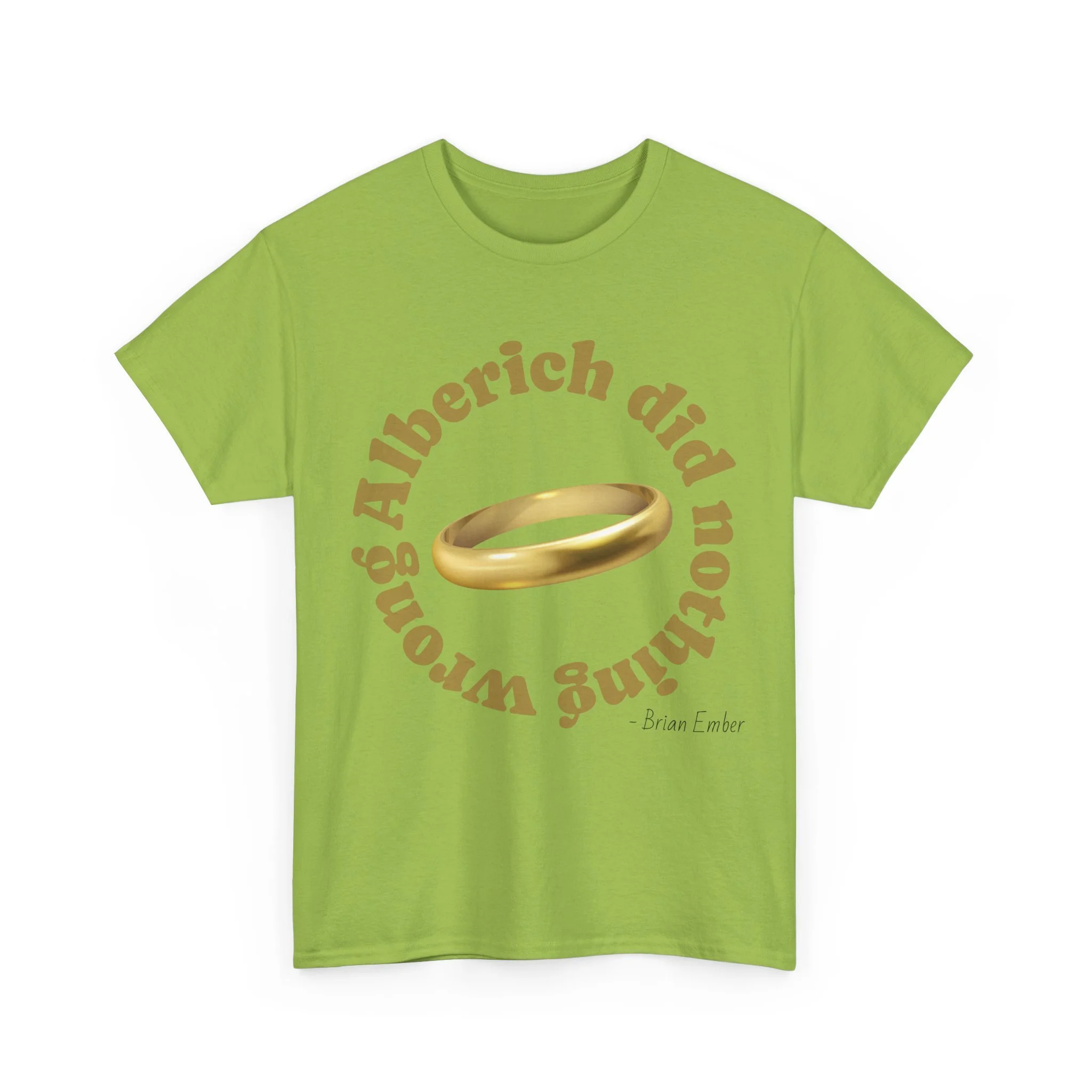

Ticket Refunds
No longer able to attend? Contact TUNDI by July 1st, 2025 for a refund (less a 10% processing fee).


